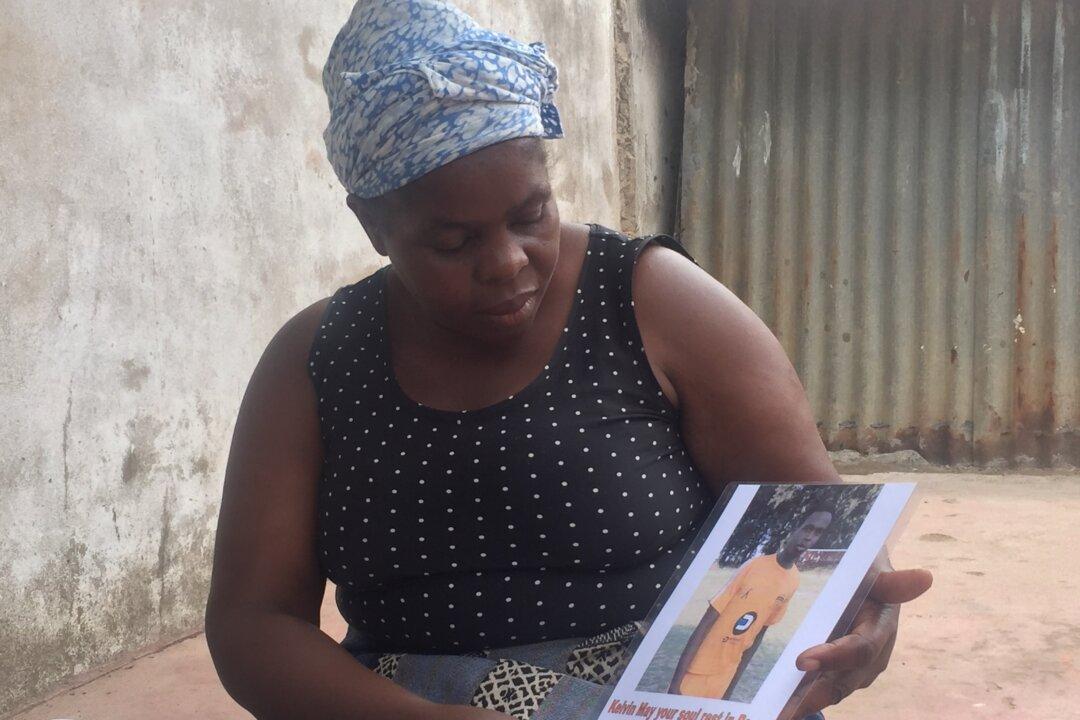HARARE, Zimbabwe—Maria Menza wakes up at 4 a.m. to buy fruit at Mbare Musika, a fruit and vegetable market in Zimbabwe’s capital, Harare, to sell to passersby in the city’s central business district.
“To think I am getting less than 50 cents [in Zimbabwean RTGS dollars] less in profit for these bananas, which is not even enough to take me back home and feed my children,” Menza, a widow who resides in Budiriro, a high-density area in Harare, told The Epoch Times.




